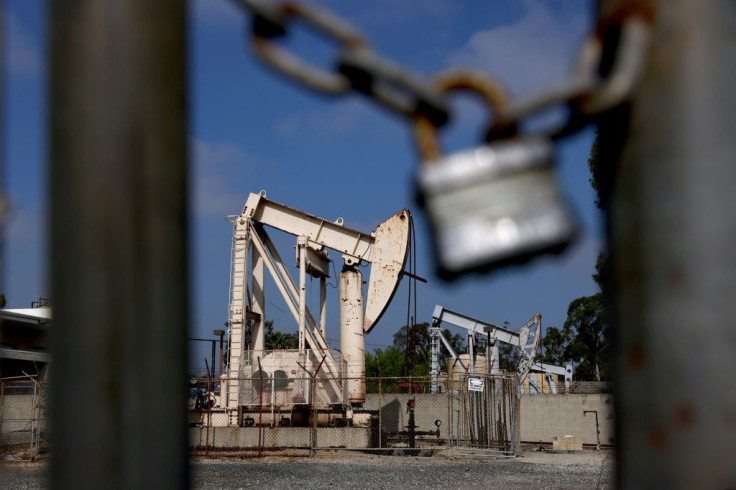Slashing Methane Emissions Key For Keeping Earth Cool
The pledge taken by about 100 countries at the COP26 climate talks on Tuesday to slash emissions from methane by 30 percent before 2030 could help cap global warming at liveable levels, but key emitters are missing, experts say.
"Methane is one of the gases that we can reduce most quickly," said European Commission President Ursula von der Leyen.
This would "immediately slow down climate change," she added, noting that this potent greenhouse gas -- which absorbs 80 times more solar radiation over short periods than CO2 -- accounts for about 30 percent of warming since the industrial revolution.
In September the United States and the European Union spearheaded the agreement, which has since been joined by Canada, Brazil, South Korea, Japan, Colombia and Argentina, among others.
All told, the 100-odd nations that signed on to the Global Methane Pledge account for about 40 percent of global emissions of the odourless, invisible gas.
"This is a historic moment, this is huge," said Fatih Birol, head of the Paris-based International Energy Agency (IEA), estimating that reaching the goal would cancel out the equivalent of greenhouse gas emissions from all the ships, planes and other vehicles in the world.
"Today's pledge... would reduce the temperature rise by about one-third of a degree Celsius by 2045," said Joanna Haigh, emeritus professor of atmospheric physics at Imperial College London.
Methane (CH4) is the gas most responsible for global warming after CO2. While more short-lived in the atmosphere, it is 29 times more potent than CO2 over a 100 years, and 82 times more potent over a 20-year period.
Human-induced sources are roughly divided between leaks from natural gas production, coal mining and landfills on one side, and rice paddies along with livestock and manure handling, on the other.
CH4 levels are at their highest in at least 800,000 years.
Reducing the amount of methane seeping into the air would quickly translate into a slowdown of rising temperatures, and help close the so-called emissions gap between the Paris Agreement target of a 1.5C cap on warming, and the 2.7C we are heading for even if all nations honour their carbon-cutting promises.

The reductions targeted can be made with existing technology, according to the UN Environment Programme.
The oil and gas industry -- just behind agriculture as the major source of methane -- has the biggest potential for rapid reductions, notably through the detection and repair of gas leaks during production and transport.
"A 75 percent reduction in methane from the oil and gas sector is possible, and 50 percent of this could be done at no net cost," said UNEP, which recently launched, along with the Climate and Clean Air Coalition, a Global Methane Assessment platform.
Methane emissions are also a significant byproduct of bovine digestion, so a shift in human diets away from beef could also make a significant dent. Renewable energy replacing fossil fuels likewise reduces potential sources of the gas.
Taken together, these measures could shave an additional 15 percent off today's emissions by 2030.
The sum total of a 45 percent decline of methane escaping into the atmosphere could keep the 1.5C target alive.
Some climate campaigners say that's what the pledge should have aimed for.
"World leaders are right to target methane emissions but today's announcement falls short of the 45 percent reduction that the UN says is necessary to keep global warming below 1.5C," said Murray Worthy, gas campaign leader at Global Witness.
"Thirty percent cuts are a start but it's not enough for 1.5C," agreed Dave Jones, global lead for NGO Ember.
"Coal mine methane super-emitters need to take the first step and admit the scale of the problem. And that they can be part of the solution."
China, India, Australia and Russia did not join the pledge.
"For emissions from oil and gas, one would have hoped to see Russia join this initiative too," said Jim Watson, professor of energy policy at the UCL Institute for Sustainable Resources.
"These emissions are relatively cheap to plug, so really should be addressed as a matter of urgency."
© Copyright AFP 2024. All rights reserved.





















